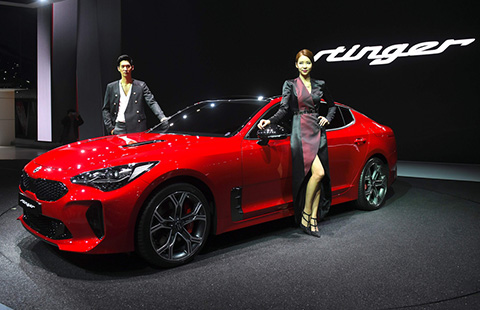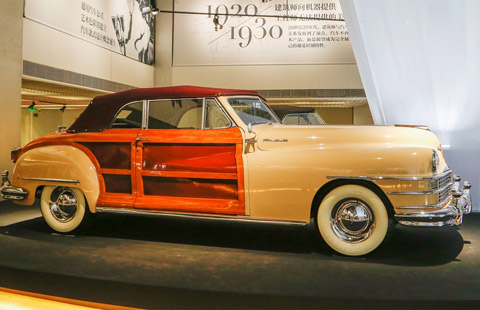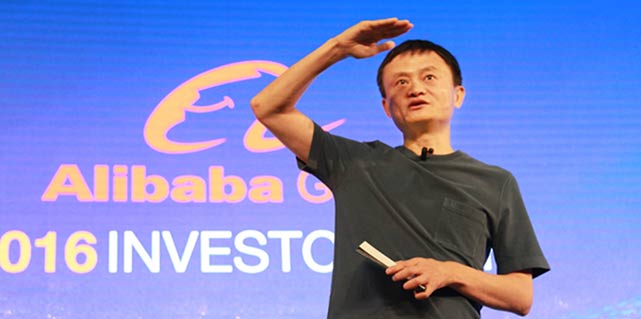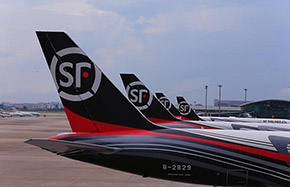Foreign brands no longer top choice
By SHEN JINGTING (China Daily) Updated: 2013-05-06 02:02"Previously, Chinese consumers blindly worshiped foreign brands because they were not confident of their own products," Deng with Epsilon pointed out. But since they have gradually widened their knowledge, Chinese buyers have become more mature in their purchases, she said.
"When a Chinese brand absorbs some advanced technologies and forms world-class vision, it will be able to create products that are more suitable for the Chinese market," Deng said. "That is why we say that a local label, based on its deep roots in Chinese culture, can easily touch your heart strings."
The convergence between foreign and Chinese brands will execute a bigger influence as well. "It will be very hard to tell if a brand belongs to China or a foreign country in the future," said Regina Leung, vice-president of the marketing division at Epsilon International.
"Chinese brands, such as Haier and Lining, have expanded overseas and acted as real international players," Leung said.
The widely reported economic slowdown has not dented Chinese consumers' confidence in the future or their enthusiasm for domestic and overseas brands.
The Epsilon survey finds that 75 percent of the respondents in China are optimistic that their individual or family economic prospects will improve significantly over the next 10 years, 11 percentage points higher than the 2011 survey.
"When a car shifts from 100 miles an hour to 69 miles per hour, it's still going pretty fast. The Chinese economy is growing at 7.5 percent and this is still an enormous growth opportunity, especially in terms of under-served customers," Scott Price, chief executive officer of Wal-Mart Asia, said.
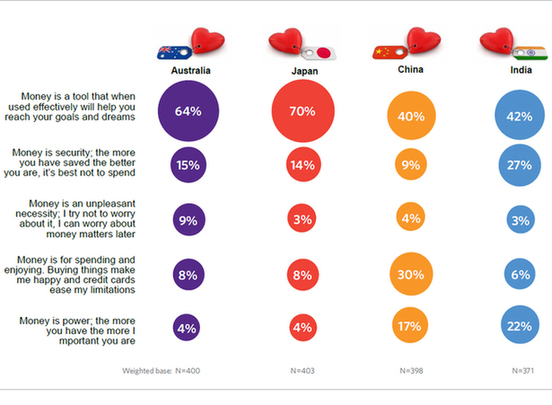
- Shanghai Fashion Week focuses on domestic brands
- Alliance stores to promote domestic brands
- Old domestic brands experience revival
- Survey: Sharp rise in domestic brand quality
- Raise awareness of domestic brands
- Senior Chinese leader urges auto industry to foster domestic brand
- Domestic brands design ambitious overseas plans
- Chinese firm BYD opens electric bus factory in Hungary
- Cottage Inn Pizza looks to win slice of market
- Plan helps drive Great Wall Motor
- US shale methanol soon en route to China
- Xiaozhu, Airbnb in collaboration talks
- Cobots to change face of factory floors
- No Suzhou tombs for non-locals
- Xiaomi doubles smartphone bet on India


